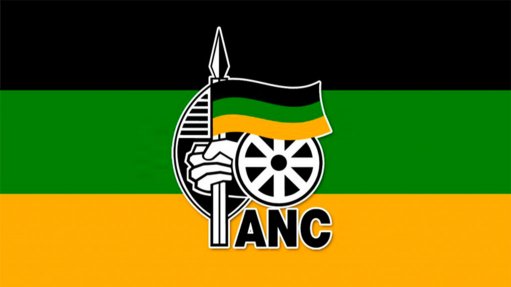
South Africa has only entered the first phase of the political uncertainty that is expected to persist until at least the 2019 national elections, says University of Witwatersrand School of Governance political analyst Professor Susan Booysen.
The country, already settled into a period of “high politics”, continues to face the political uncertainties it has in recent years, moving from a past of big ideals, policy shifts at some levels and the reprioritisation of spending to uncertain times delivering two potential trajectories that have divergent outcomes.
Currently, the country is experiencing significant levels of policy uncertainty, the subjugation of State institutions, budgetary cliffs and holes, and "policies for sale".
Speaking at a Consulting Engineers South Africa seminar, on Tuesday, Booysen said uncertainty was evident in policies, institutions, leaders, governance and service delivery, with that uncertainty triggered by potential leadership changes, populism, strikes, Presidential “tampering” with Cabinet and State-owned enterprises, new broad-based black economic empowerment and employment policies, and reports of corruption and State capture.
“The bottom line is that we are in an era of high politics, which sows adverse conditions, uncertainty and risk,” she commented, averring that it was just the beginning of political uncertainty in the run-up to the African National Congress’s (ANC’s) elective conference in December.
Prior to the conference, much instability, acrimony and wars at ANC branch level are likely to be seen.
Further, there were concerns about whether or not the elective conference would go ahead and who would become the next ANC leader, with two “great Presidential uncertainties” as contenders – current Deputy President Cyril Ramaphosa and former African Union chairperson Nkosazana Dlamini-Zuma.
Both are considered front runners to succeed President Jacob Zuma as ANC president, and subsequently South Africa’s President.
Following the selection of a new ANC leader, if indeed the conference occurred, over the next year there will be a “fire the [national] President” phase, or a “split-off period” by forces whose preferred outcome had not prevailed at the ANC elective conference.
This volatility precedes the campaign period for the 2019 national elections, which will see a period of community mobilisation and protests, followed by the actual elections marked by multiple uncertainties over parties and results, as well as the potential coalitions that could eventuate.